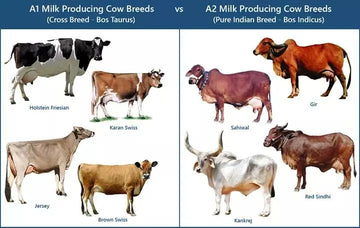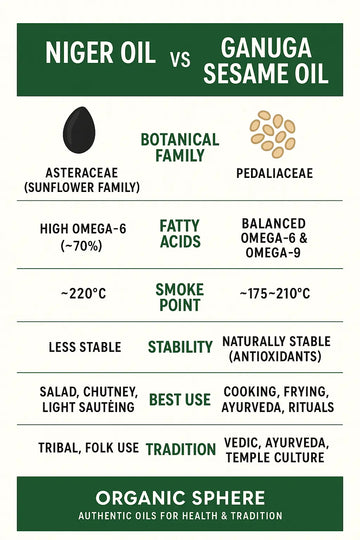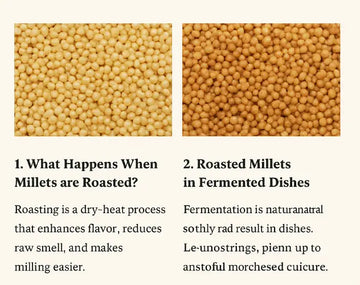The distinction between A1 and A2 milk, particularly the comparative health benefits of Desi Cow A2 milk over Jersey Cow A1 milk, is a subject of significant health and nutritional interest. Groundbreaking research from New Zealand has played a pivotal role in highlighting the differences between these two types of milk, primarily produced by different breeds of cows.

The central difference lies in a single amino acid variation in the casein protein. A1 milk, commonly produced by foreign breeds like Holstein Friesian (HF) and Jersey cows, contains Histidine at the 67th position of the beta-casein protein. On the other hand, A2 milk, typically produced by traditional breeds such as Indian Desi cows, contains Proline at this position. This difference, though seemingly minor, has been linked to various health issues.
Studies indicate that consumption of A1 milk may be associated with several health concerns, including higher risks of high blood pressure, metabolic degenerative diseases, autism and type-1 diabetes in children, and mental disorders in older adults. In contrast, A2 milk, predominantly found in Desi cows, is considered healthier, richer in nutrients, and devoid of these risks.
This revelation has led to significant shifts in consumer preferences globally. Countries like Britain, Ireland, New Zealand, and Australia have seen a surge in the demand for A2 milk. The sales of A2 milk in these regions have been remarkable, with it becoming readily available in mainstream stores and supermarkets.
The National Bureau of Animal Genetic Resources (NBAGR) states that milk from Desi cattle breeds contains the A2 allele, making it much healthier than the milk of exotic cattle breeds. The common milk consumed globally, containing the A1 allele, is linked to allergies and digestive issues such as bloating, abdominal pain, nausea, diarrhea, and constipation.
The global dairy industry is increasingly recognizing the value of A2 milk. Efforts are being made in various countries to introduce Indian Desi cows to their dairy industries, aiming to offer high-quality A2 milk. The adoption of A2 milk highlights the importance of understanding the types of milk and their potential impacts on health and wellness.
In summary, the rising awareness and preference for A2 milk underscore the importance of informed choices in dairy consumption. This trend is reflective of a broader shift towards more health-conscious decisions in the food and beverage industry, emphasizing the need for understanding the nutritional and health implications of different milk types.
Reference: https://www.ncbi.nlm.nih.gov/pmc/articles/PMC3475924/





